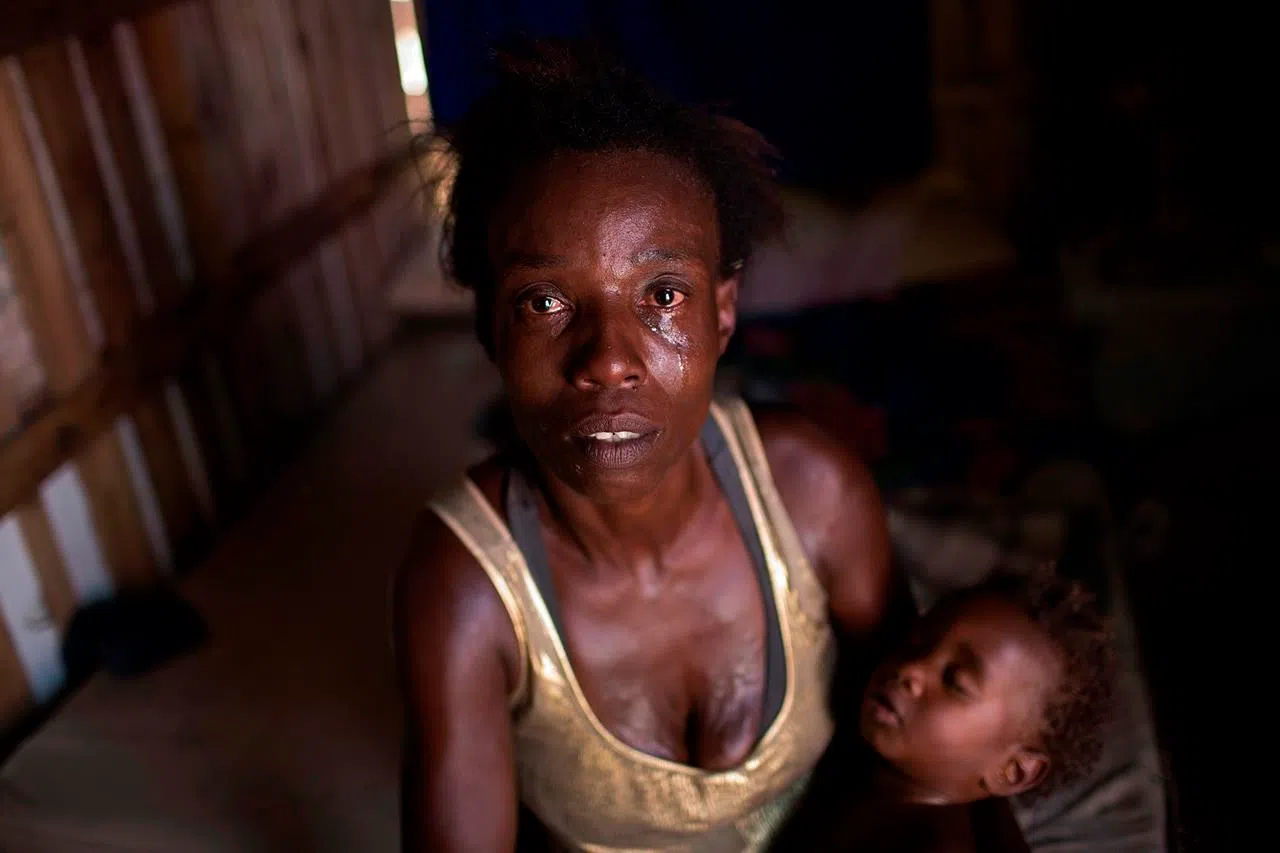
Millions return to poverty in Brazil, eroding ‘boom’ decade
RIO DE JANEIRO — When Leticia Miranda had a job selling newspapers on the streets, she earned about $160 a month, just enough to pay for a tiny apartment she shared with her 8-year-old son in a poor neighbourhood of Rio de Janeiro.
When she lost her job about six months ago amid Brazil’s worst economic crisis in decades, Miranda had no choice but to move to an abandoned building where several hundred people were already living. All of her possessions — a bed, a fridge, a stove and some clothes — have been jammed into a small room that like all the others in the building has windows with no glass. Residents bathe in large garbage cans filled with water and do their best to live with the stench of mountains of trash and rummaging pigs in the centre of the building.
“I want to leave here, but there is nowhere to go,” said Miranda, 28, dressed in a bikini top, shorts and sandals to deal with the heat. “I’m applying for jobs and did two interviews. So far, nothing.”
Between 2004 and 2014, tens of millions of Brazilians emerged from poverty and the country was often cited as an example for the world. High prices for the country’s raw materials and newly developed oil resources helped finance social welfare programs that put money into the pockets of the poorest.
